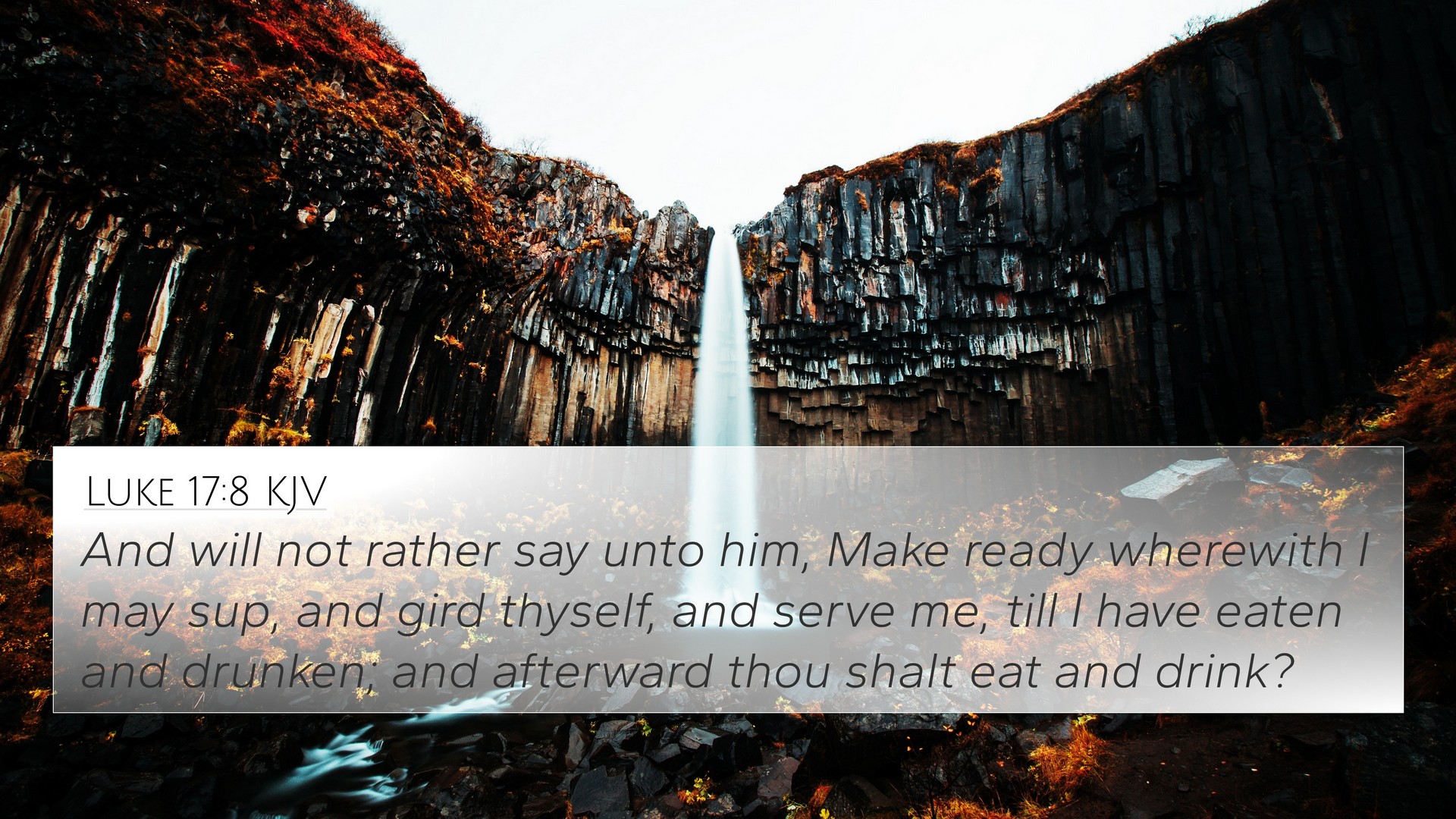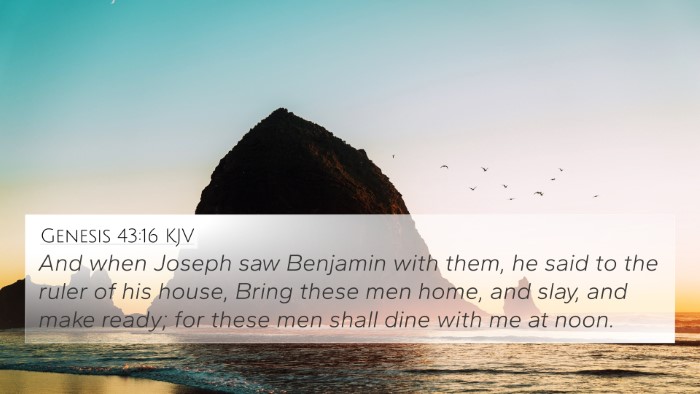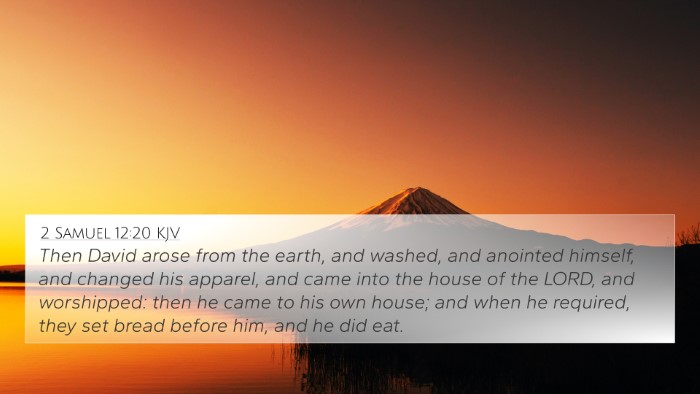Understanding Luke 17:8
Luke 17:8 says: "And will he not rather say to him, 'Prepare supper for me and dress properly, and serve me while I eat and drink, and afterward you will eat and drink'?" This verse encapsulates the relationship between a master and his servant, highlighting themes of duty, service, and the expectations of authority.
Summary of Insights from Public Domain Commentaries
Matthew Henry's Commentary: Henry emphasizes the hierarchical nature of the master-servant relationship. He notes that the servant's hard work is necessary, yet it is also expected. Henry points out the importance of a servant's attitude toward their duties, conveying that in fulfilling such tasks, the servant should maintain a spirit of humility and obedience.
Albert Barnes' Commentary: Barnes reflects on the implications of serving without expectation of reward. He stresses that the servant's actions should be motivated by the master's needs and that true service comes from an understanding of one's role. Barnes connects this with the teachings of Jesus regarding humility and the nature of true discipleship.
Adam Clarke's Commentary: Clarke elaborates on the practical aspects of the verse, suggesting that the servant prepares for the master before considering his own needs. This verse serves to illustrate the concept of prioritizing others over oneself, commenting on the nature of service in the New Testament context as reflective of Christ's own life.
Key Themes and Theological Insights
- Authority and Service: This verse highlights the expectation that a servant must fulfill their obligations to their master, showcasing a relationship that demands respect and diligence.
- Humility: The teachings reflected in this verse underline the essence of humility in serving others, reinforcing the message found in other texts such as John 13:14-15, where Jesus washed His disciples' feet.
- The Nature of Discipleship: Jesus uses this analogy to explain the kind of servitude expected from His followers—selfless and dedicated.
Cross-References and Connections with Other Bible Verses
This verse can be connected to several other scriptures which reinforce its themes:
- Matthew 20:26-28: "But it shall not be so among you; but whosoever will be great among you, let him be your minister." This reflects the servant's role in a kingdom context.
- Mark 10:45: "For even the Son of man came not to be ministered unto, but to minister..." This illustrates Jesus' model of service as seen in Luke 17:8.
- Philippians 2:7: "...but made himself of no reputation, and took upon him the form of a servant." This resonates with the understanding of service portrayed in the verse.
- Romans 12:1: "I beseech you therefore, brethren, by the mercies of God, that ye present your bodies a living sacrifice..." This reinforces the appeal to serve selflessly.
- 1 Peter 5:5: "Likewise, ye younger, submit yourselves unto the elder. Yea, all of you be subject one to another, and be clothed with humility..." This echoes the spirit of the servant's role.
- John 12:26: "If any man serve me, let him follow me..." Connecting discipleship with servanthood in following Christ.
- Luke 12:37: "Blessed are those servants, whom the lord when he cometh shall find watching..." Reflects the attitude expected from servants.
Application of the Verse in Modern Christian Life
The application of Luke 17:8 can be significant for modern Christians, encouraging them to reflect on their roles in various aspects of life, whether familial, professional, or communal. Here are some key points of application:
- Service to Others: Engaging in acts of service within communities mirrors the expectations of the scripture, fostering a spirit of humility.
- Understanding Authority: Recognizing where one fits in various relational dynamics encourages respect and responsibility.
- Attitude of Gratitude: Serving without expectation helps build character and integrity in personal and spiritual growth.
Tools for Bible Cross-Referencing
For those interested in further exploring cross-references and developing a deeper understanding of Biblical connections, consider the following:
- Bible Concordance: A valuable resource for finding connections between verses and themes.
- Cross-Reference Bible Study: Engaging in detailed study methods that link related scriptures can enhance comprehension.
- Bible Reference Resources: Utilize study bibles that offer extensive cross-reference guides for enriched Biblical study.
Conclusion: Drawing Connections
Luke 17:8 not only serves as an isolated teaching about service and duty but also weaves into a larger tapestry of New Testament theology advocating for humility and selfless service. The verse is a part of a broader narrative about discipleship and echoes through various texts both in the Gospels and letters of the apostles.
Through comparative Bible verse analysis, one can discover profound insights that deepen the understanding of faith and practice, revealing a rich interconnectedness of scriptural teachings.





